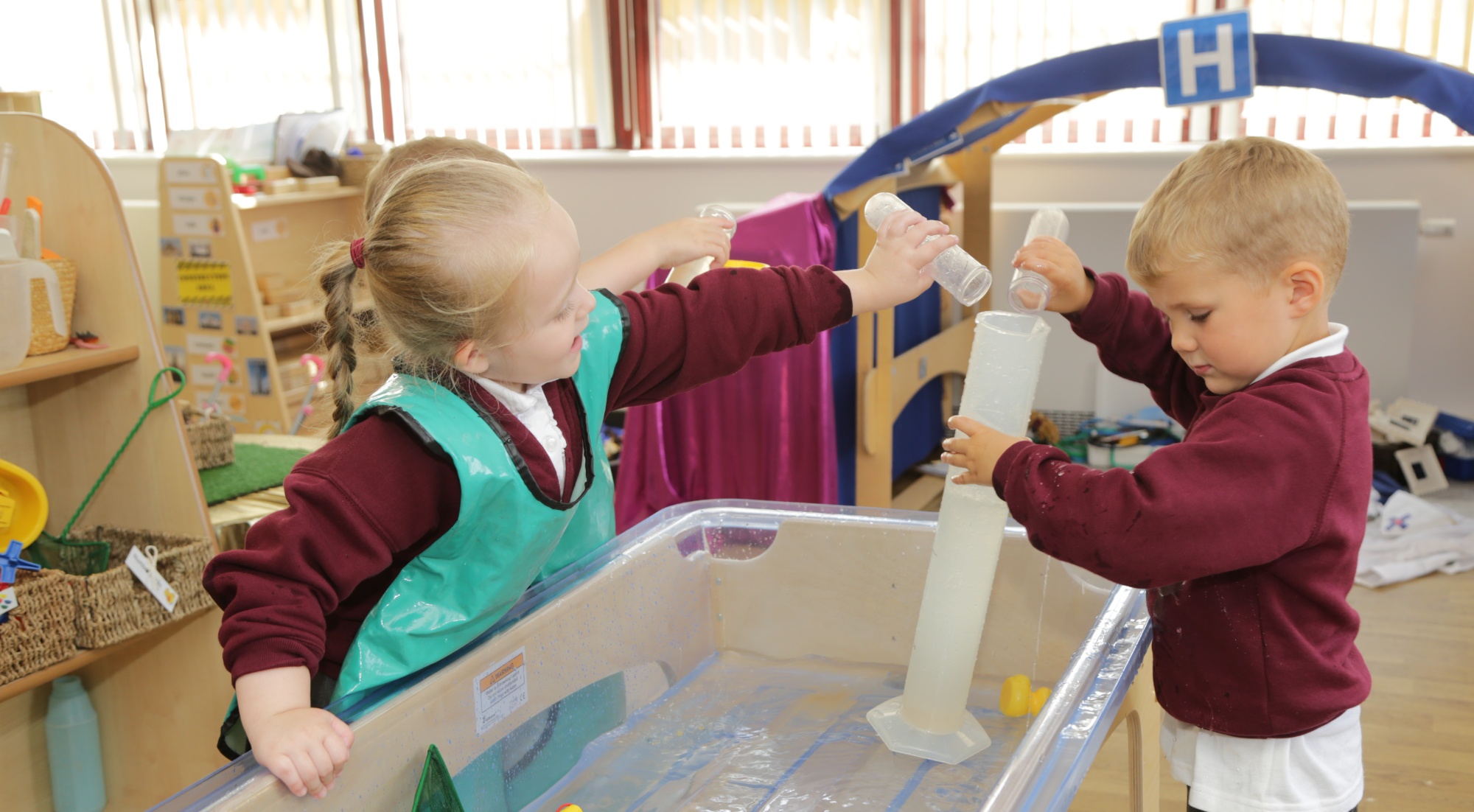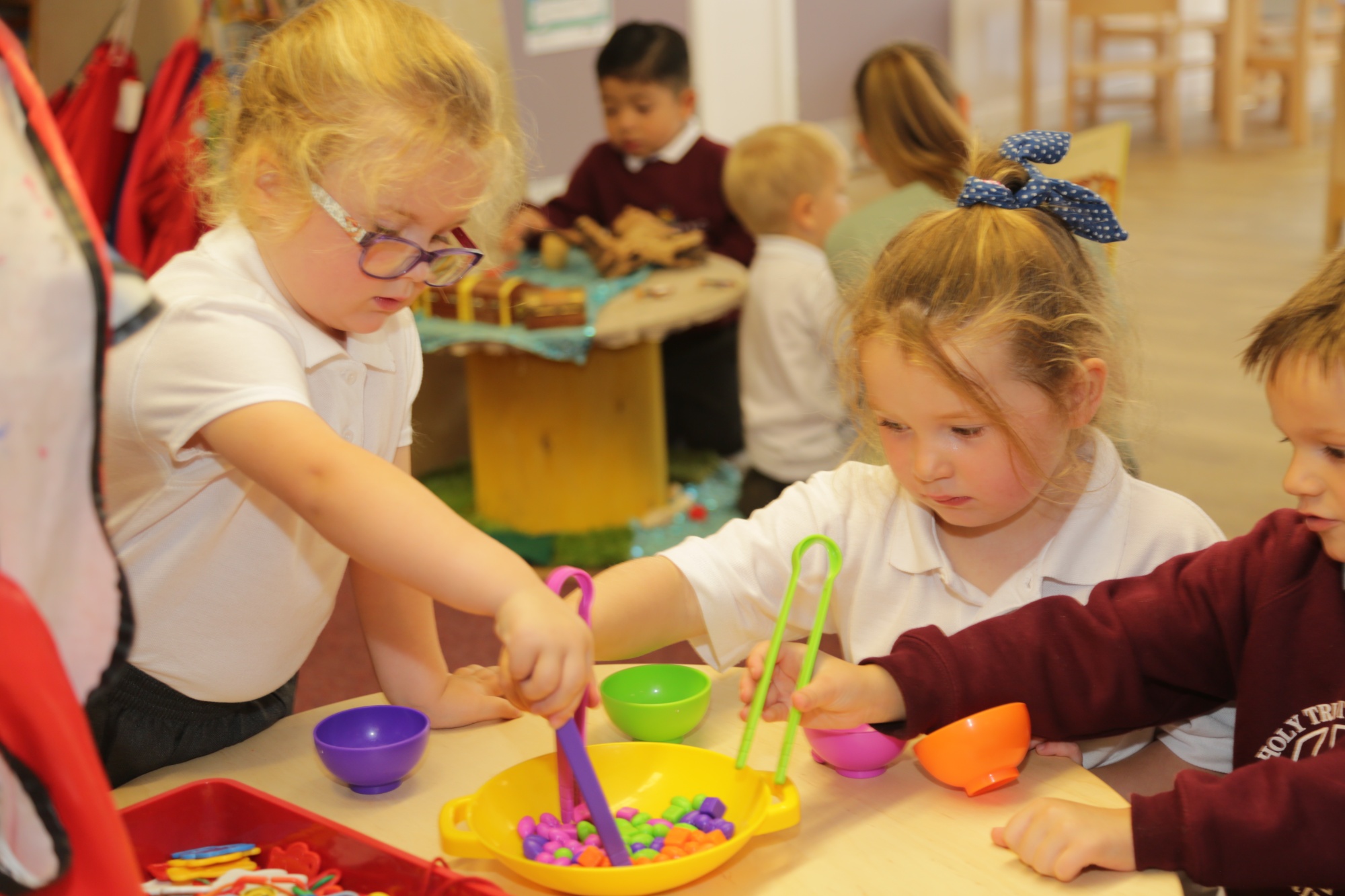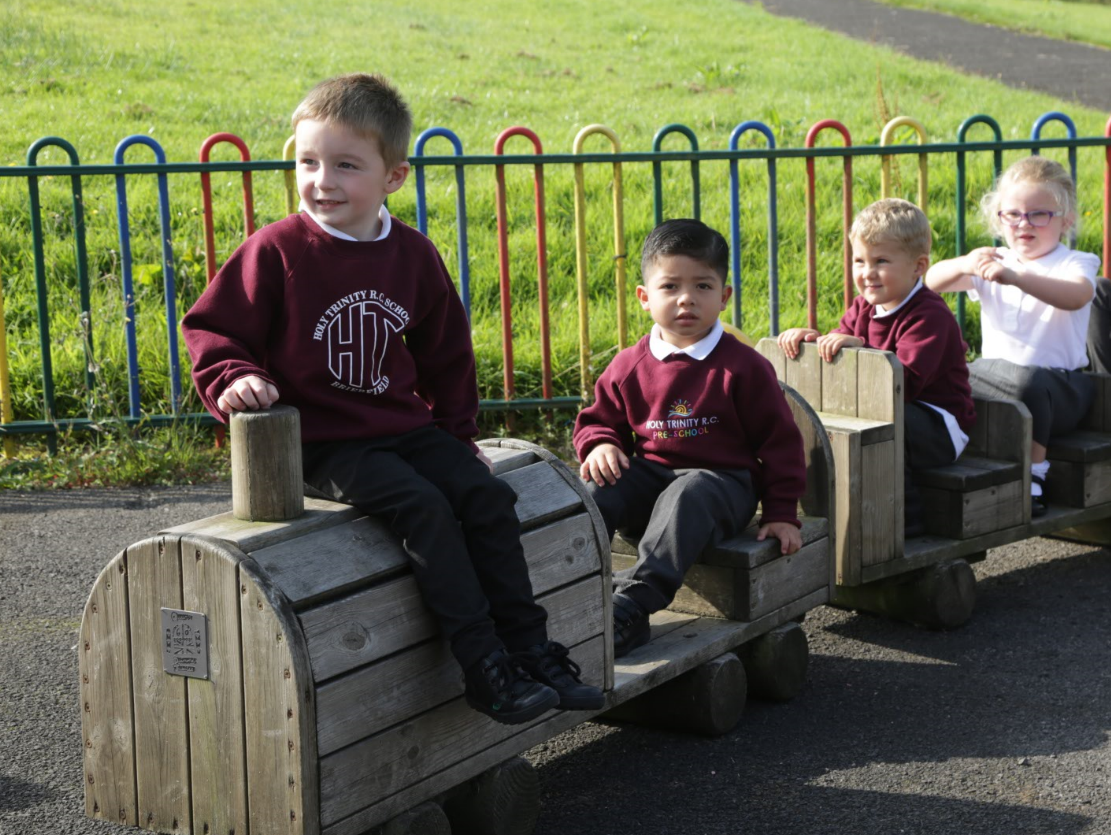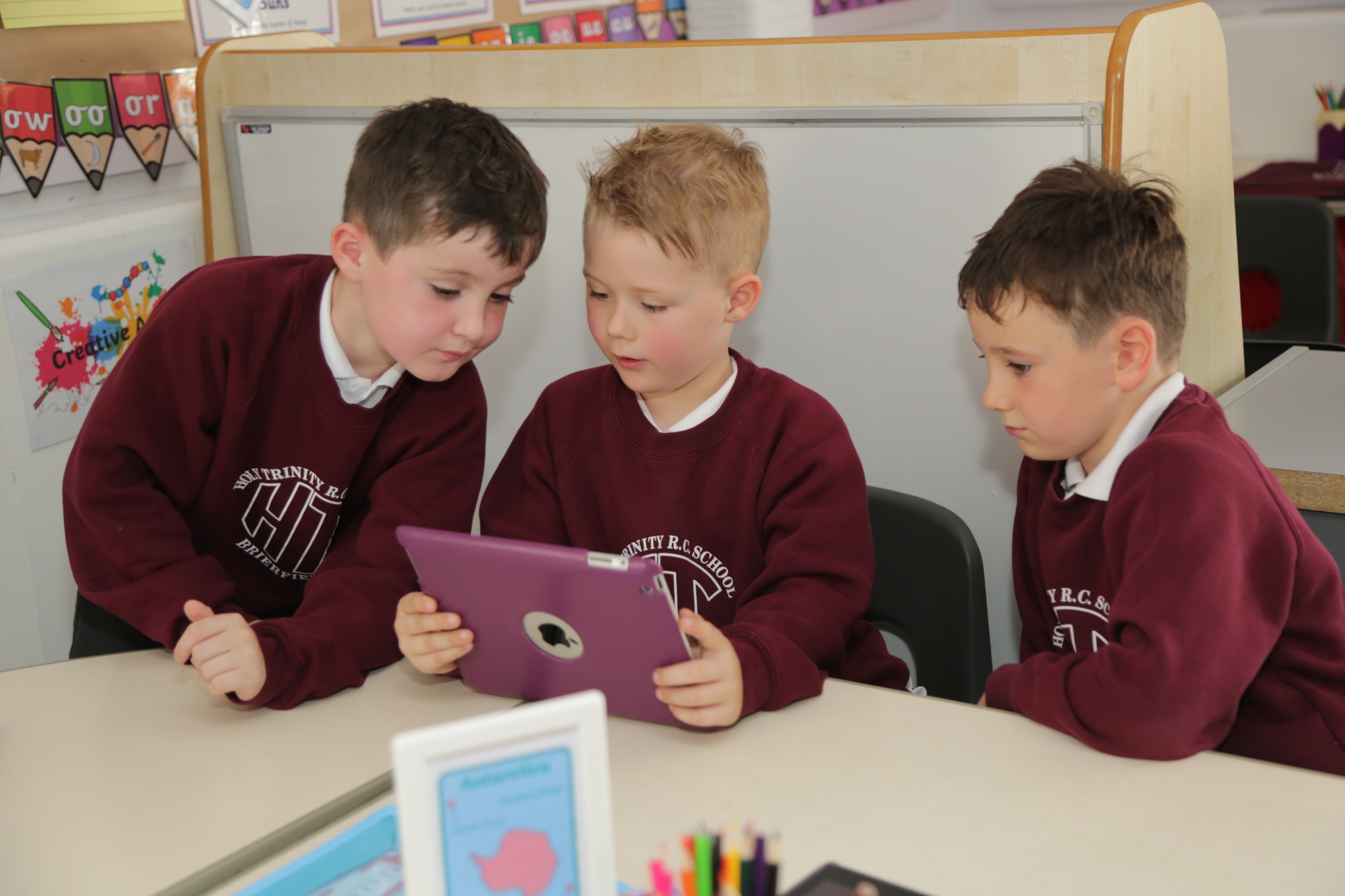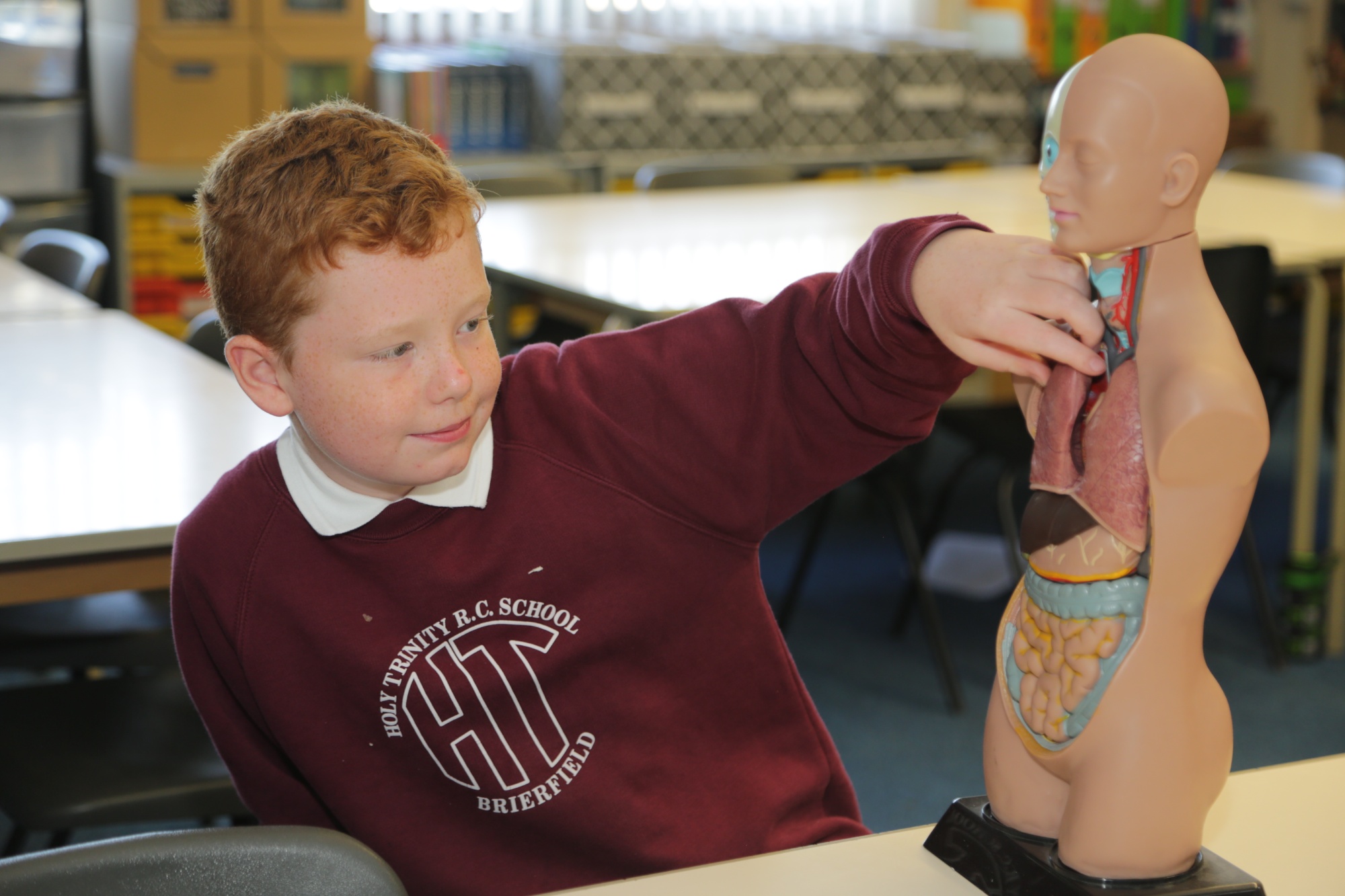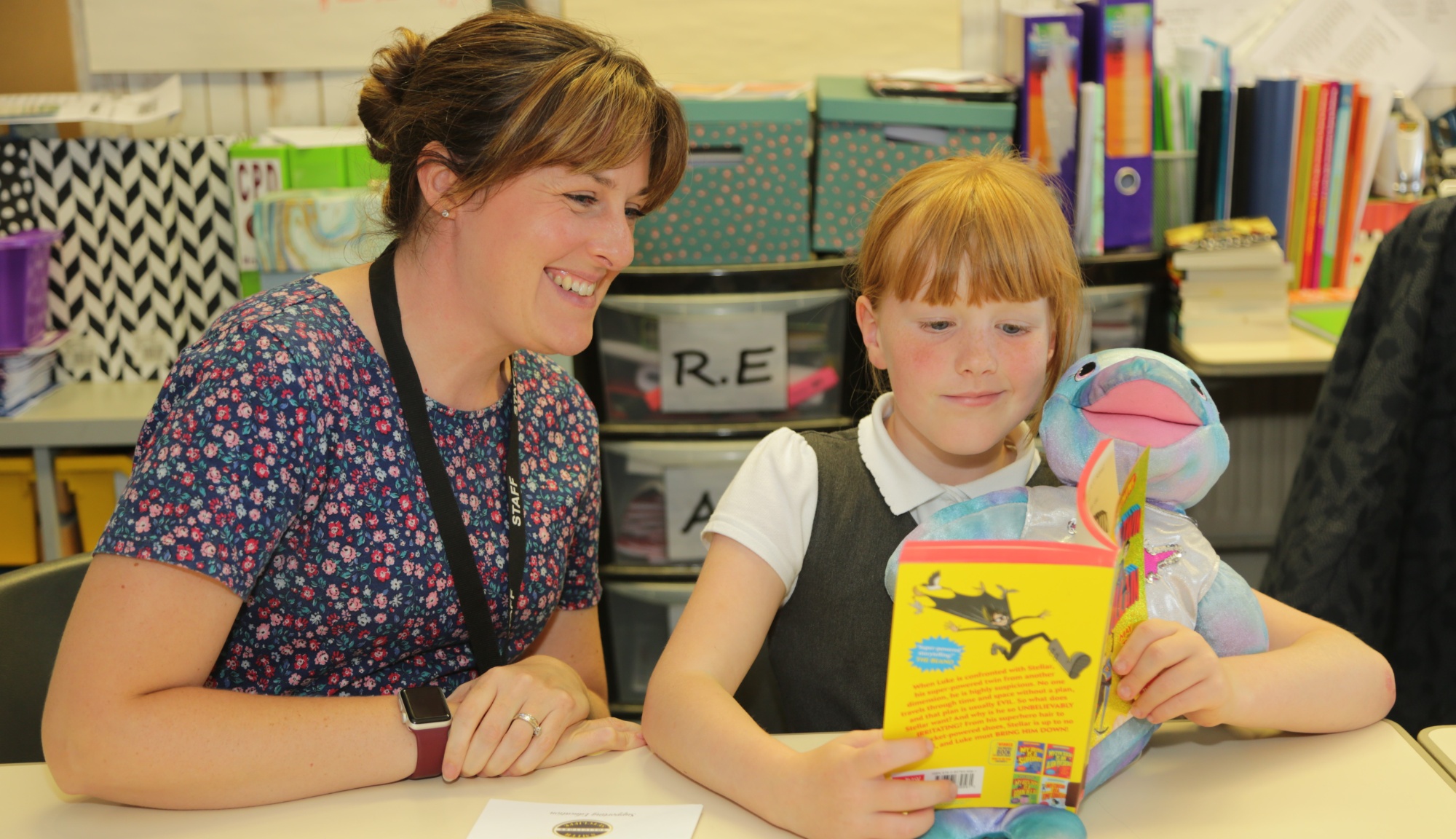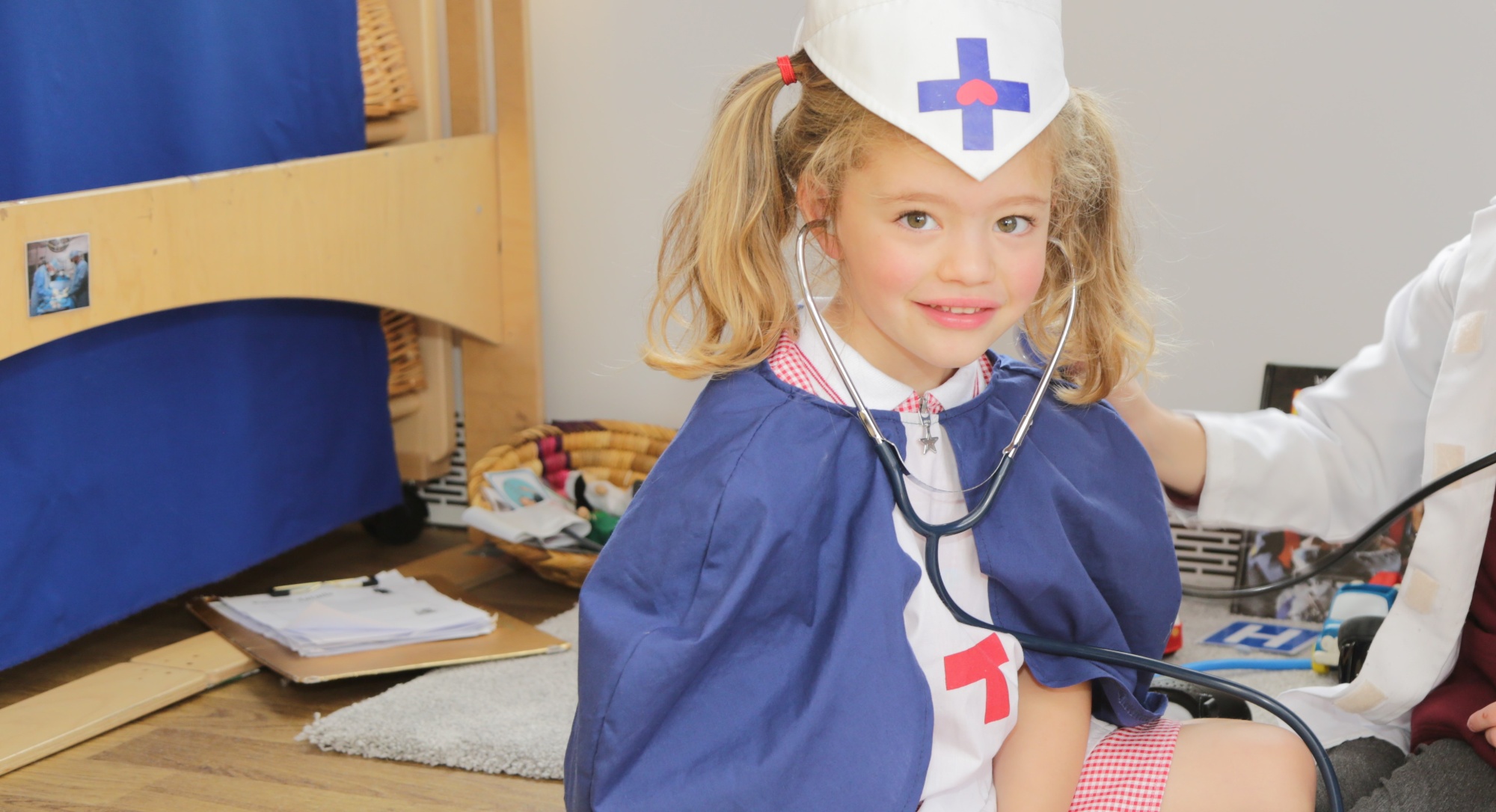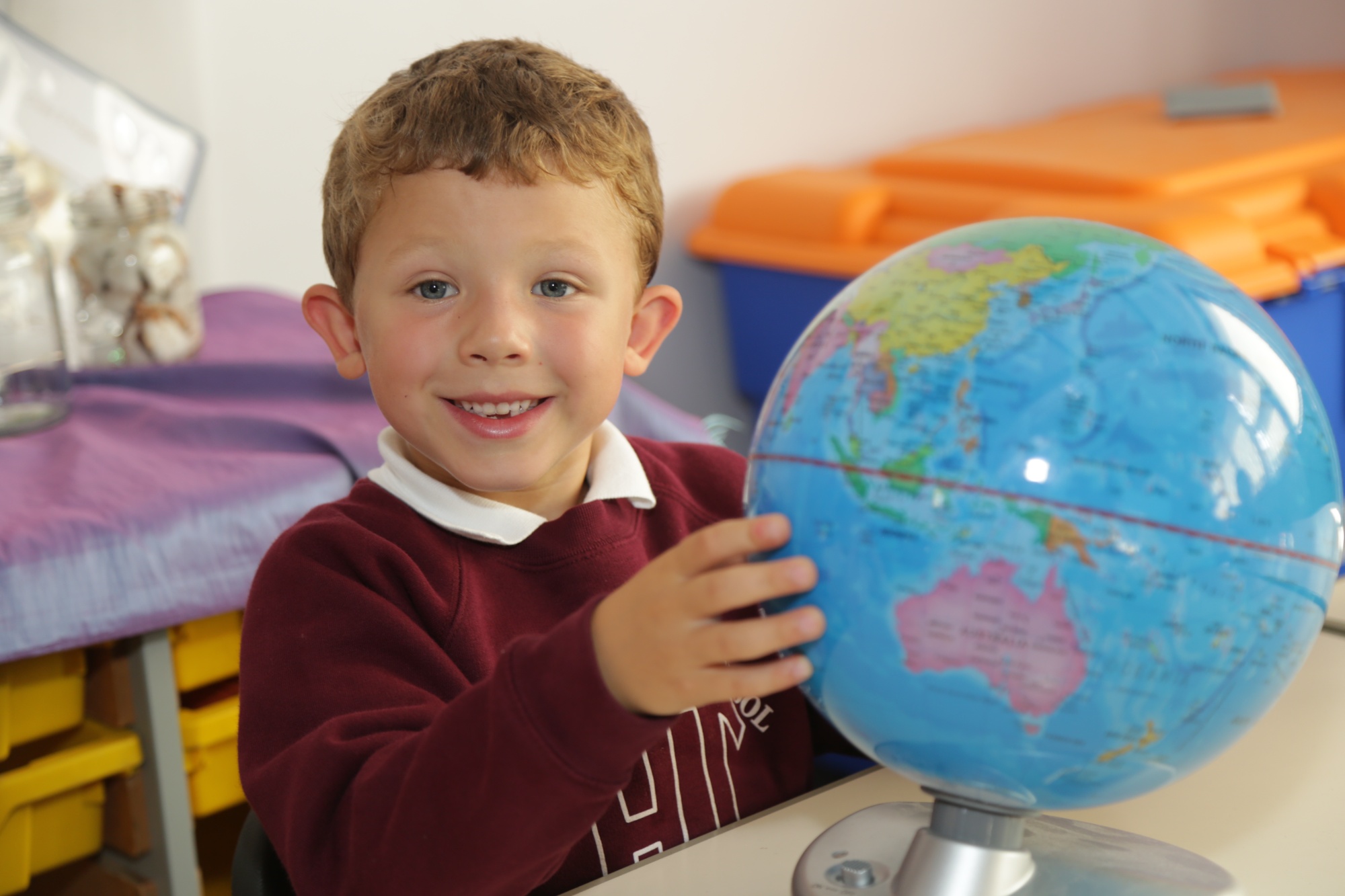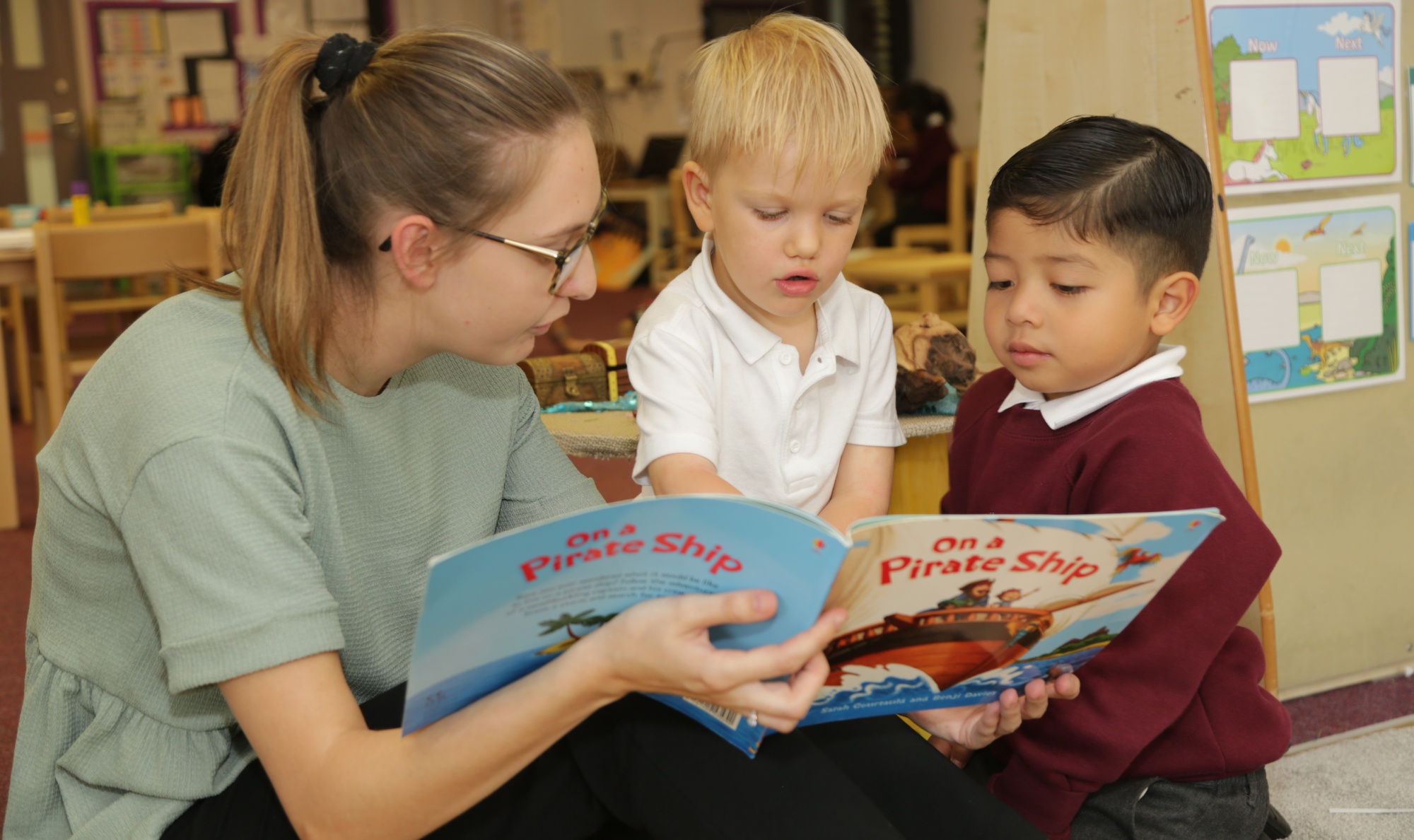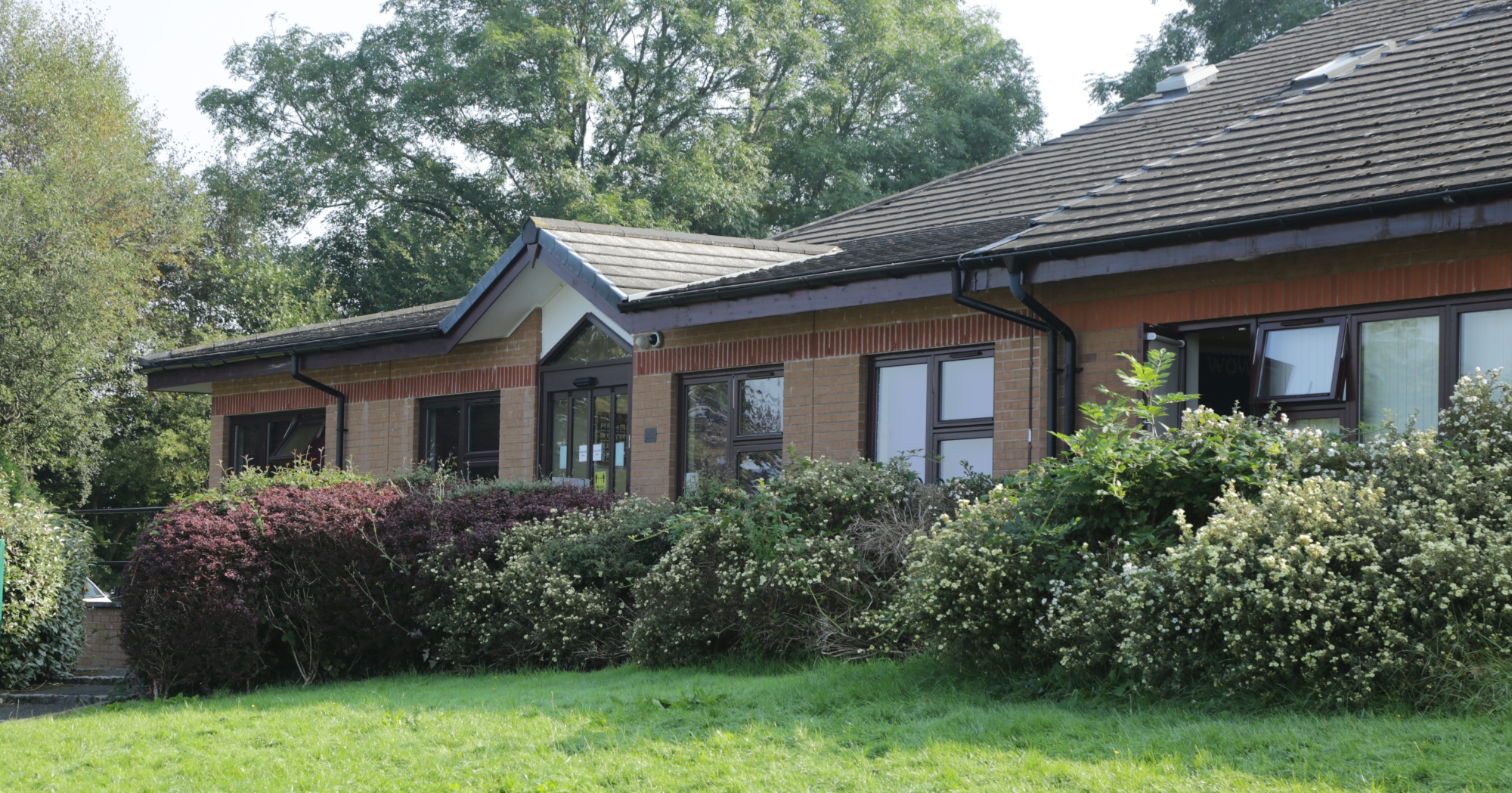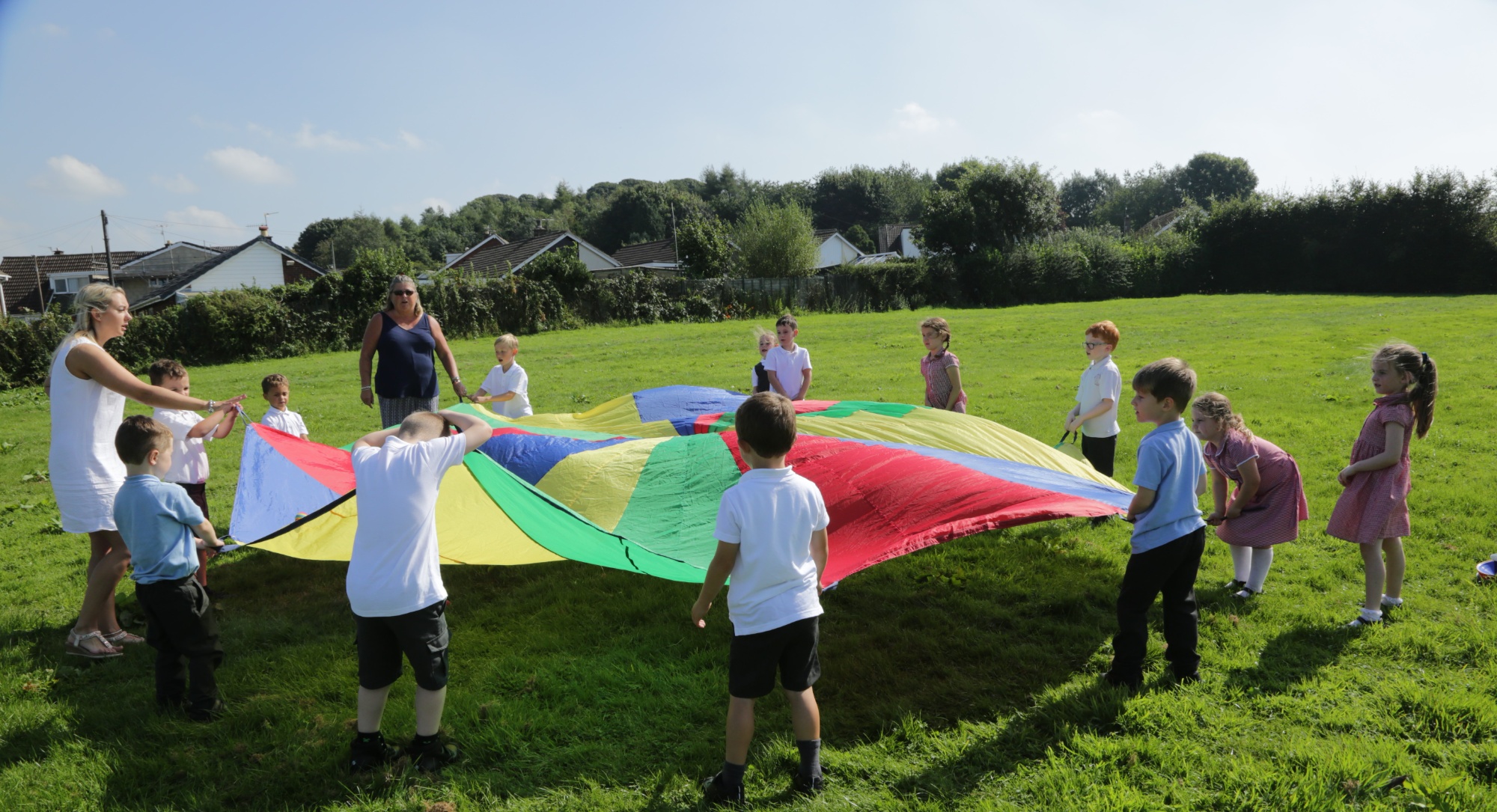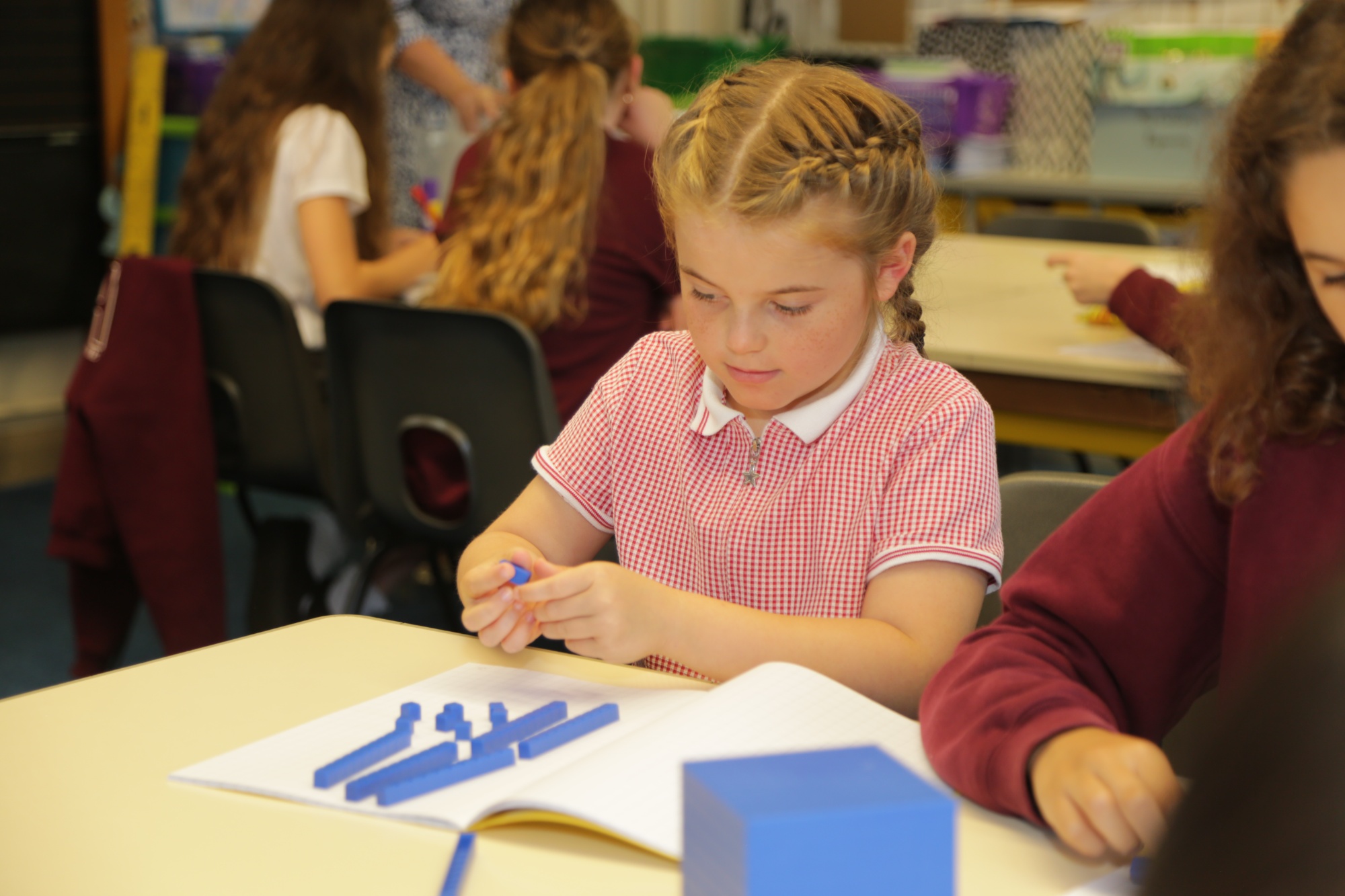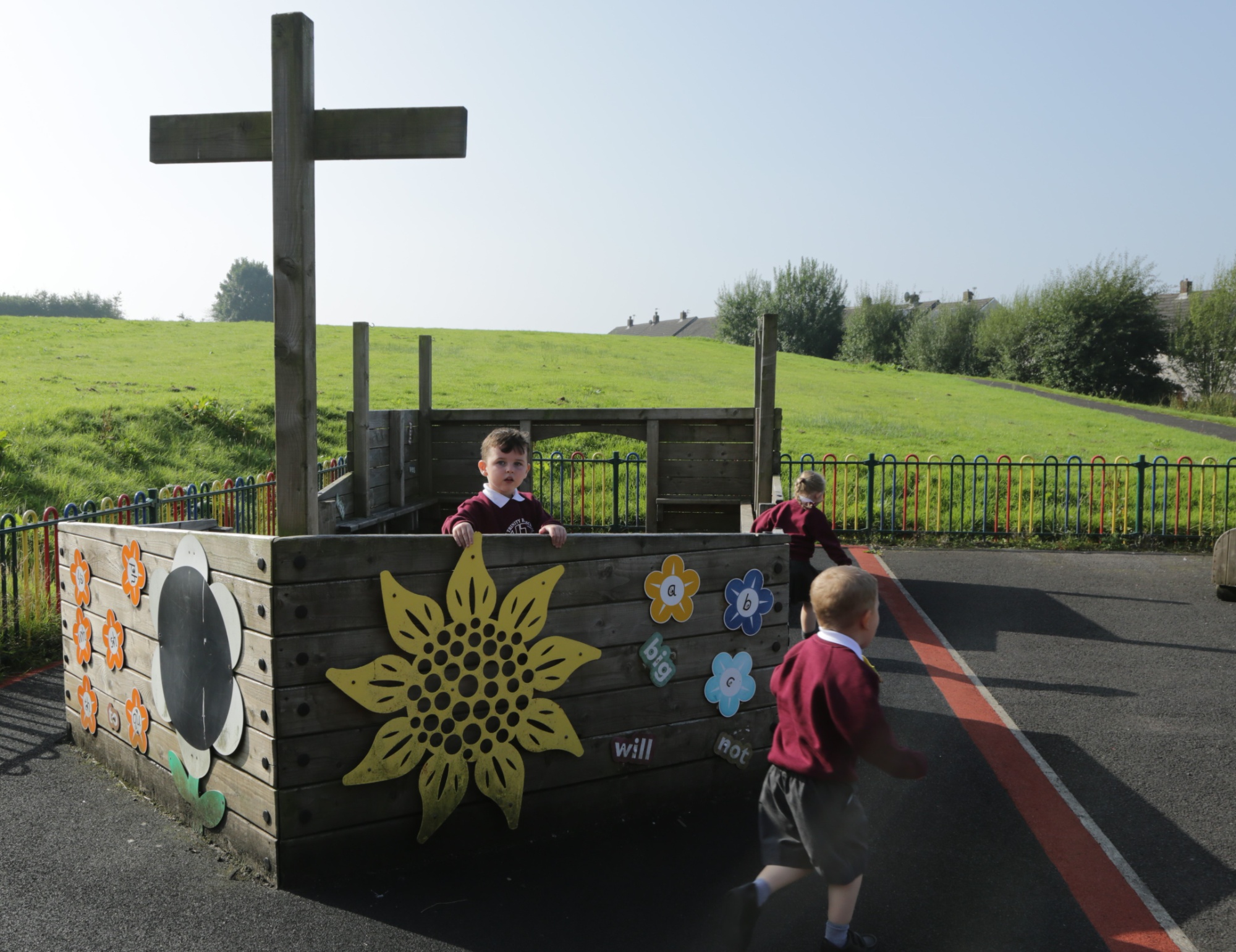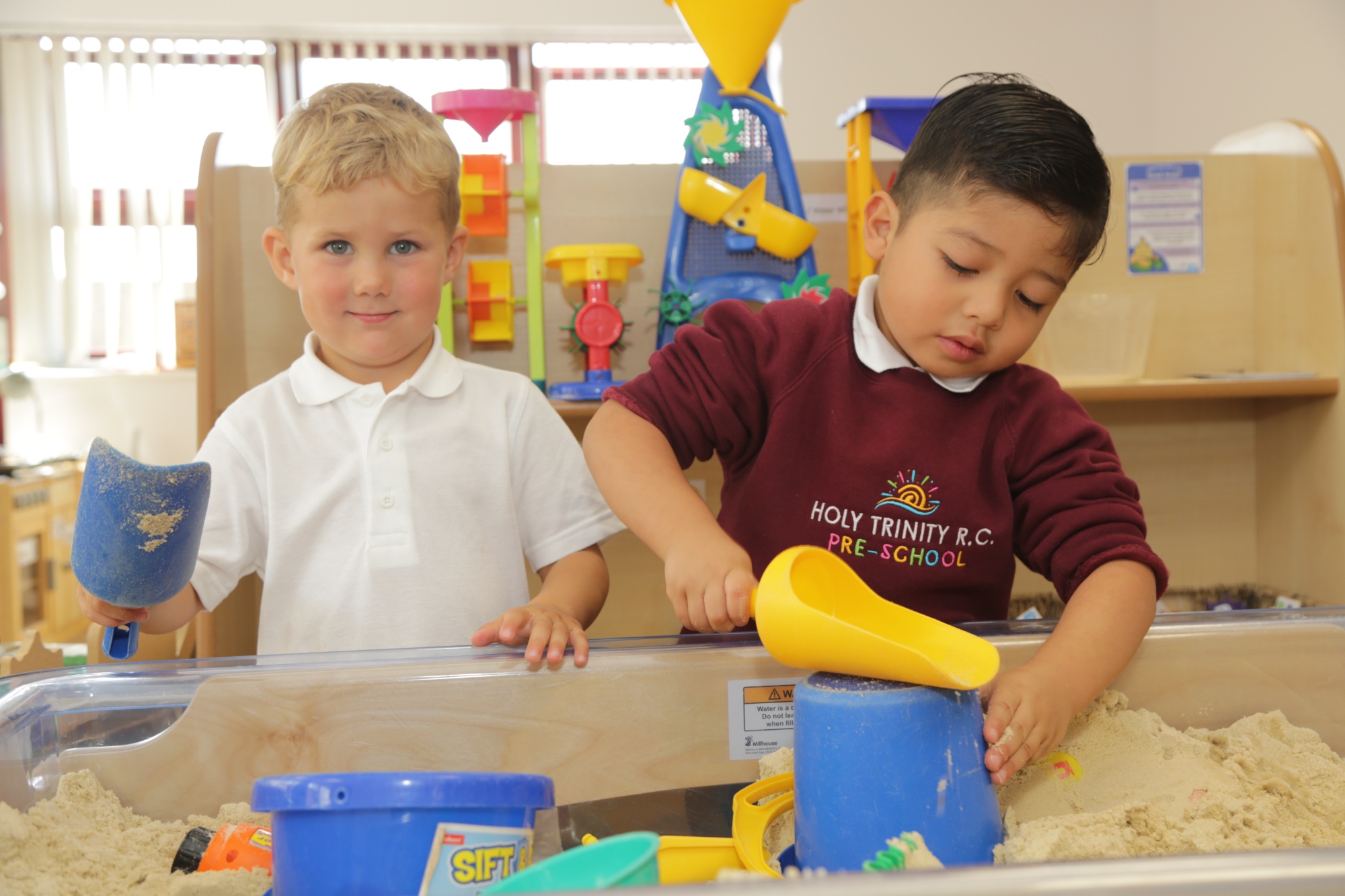
Online Safety for Children
If you have experienced or witnessed harm online; you can report harmful content online by providing up-to-date information on community standards and direct links to the correct reporting facilities across multiple platforms.
There are eight harms which you can report on: threats, impersonation, bullying/harassment, self-harm/suicide content, online abuse, violent content, unwanted sexual advances and pornographic content.
Top tips for staying safe online - think SMART:

S is for safety
Keep your personal information safe. When chatting or posting online, don’t give away things like your full name, password or home address. Remember personal information can be seen in images and videos you share too.
Keep them safe, to keep yourself safe.

M is for meet
Meeting up with someone you only know online, even a friend of a friend, can be dangerous as this person is still a stranger. If someone you only know online ever asks you to meet up, or for personal information or for photos/videos of you then tell an adult straight away and report them together on www.thinkuknow.co.uk

A is for accepting
Think carefully before you click on or open something online (e.g. links, adverts, friend requests, photos) as you never know where they may lead to, or they may contain viruses. Do not accept something if you are unsure of whom the person is or what they’ve sent you.

R is for reliable
You cannot trust everything you see online as some things can be out of date, inaccurate or not entirely true. To find reliable information, compare at least three different websites, check in books and talk to someone about what you have found.

T is for tell
Tell a trusted adult if something or someone ever makes you feel upset, worried or confused. This could also be if you or someone you know is being bullied online. There are lots of people who will be able to help you, like your teachers, parents, carers or contact Childline – 0800 11 11 or www.childline.org.uk
| Report Harmful Content |
 |
|
| Report Remove |
Having your nudes shared can feel scary, and it can leave you feeling worried or even ashamed. But it’s not your fault. |
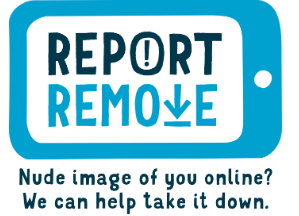 |
| CEOP Report Abuse Button |
Are you worried about online sexual abuse or the way someone has been communicating with you online? Make a report to one of CEOP's Child Protection Advisors |
 |


